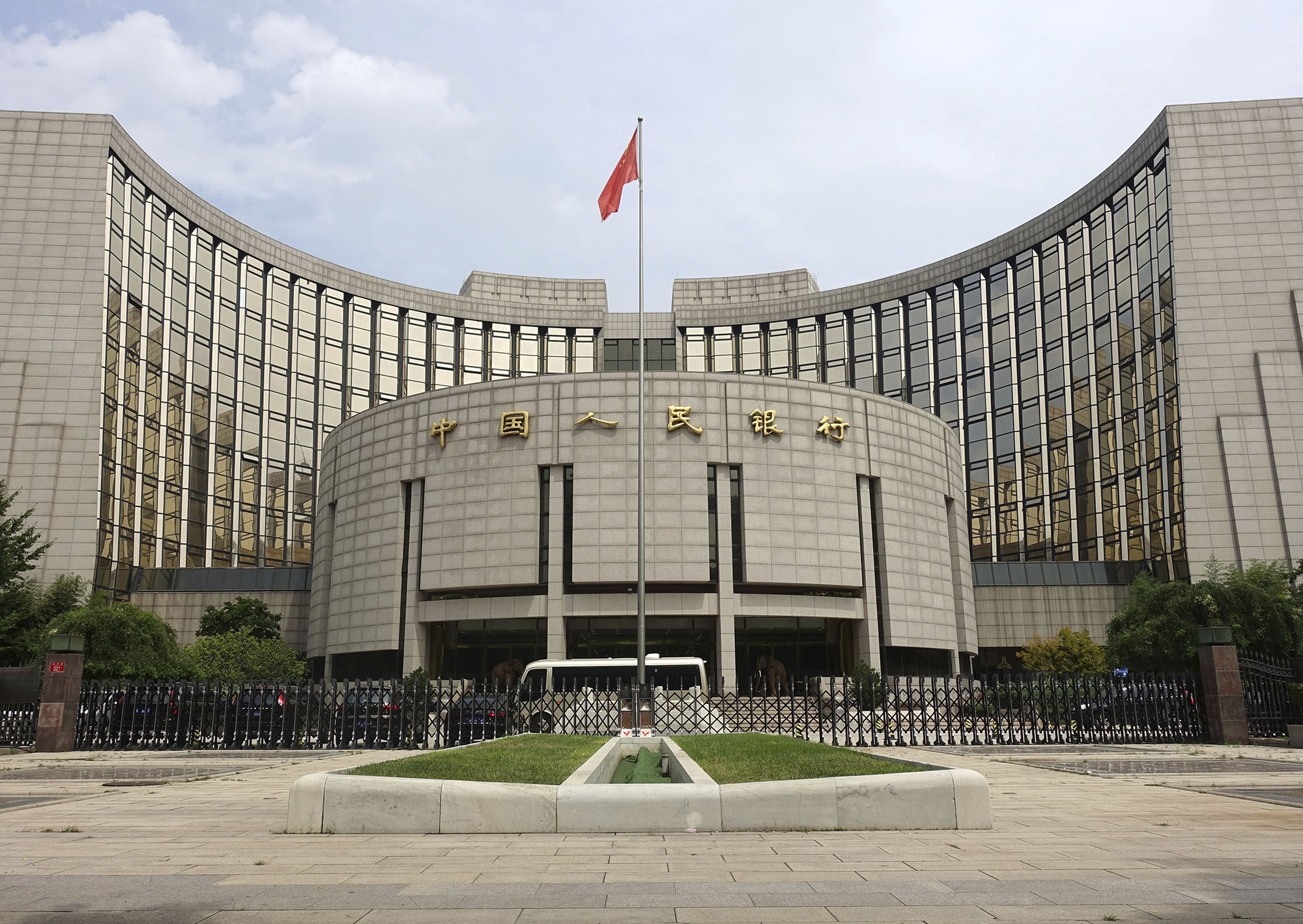China says its digital currency will have “controllable anonymity”—but who will control it?

The digital currency that the People’s Bank of China says it is close to issuing will give the government unprecedented visibility into how its citizens spend money. But authorities seem especially eager to assure the public that the new system will preserve the anonymity of physical cash—as long as they don’t commit any crimes.
It’s not known exactly when it will be released, but China is widely expected to become the first major economy to issue a digital version of its sovereign currency. An explicit aim of the project is to replace physical cash, which has drawn speculation that the government will use it as a surveillance tool.
Mu Changchun, head of the PBOC’s digital currency research institute, seemed to push back on this notion while addressing a conference in Singapore this week. “We know the demand from the general public is to keep anonymity by using paper money and coins … we will give those people who demand it anonymity in their transactions,” Mu said, according to Reuters. “We are not seeking full control of the information of the general public.”
Chinese officials have taken to a confusing term to describe the new system’s privacy capabilities: “controllable anonymity.” Mu said it again this week: “We will keep the balance between ‘controllable anonymity’ and anti-money laundering, CFT [counterterrorism financing], and also tax issues, online gambling, and any electronic criminal activities.” His comments echo something the New York Times quoted him as saying last month: “As long as you aren’t committing any crimes and you want to make purchases that you don’t want others to know about, we still want to protect this kind of privacy.”
How they will do that? Well, it’s hard to know what “controllable anonymity” means at all, much less what it means technologically, or for user experience. Though very few details have been revealed regarding how the currency system will work, it will apparently be based at least partly on blockchain technology.
Blockchains by themselves, even the most decentralized ones (China’s will presumably be controlled by the government), are not anonymous. Generally, they generate a permanent record of every transaction, including information about the sender, recipient, and amount. Some cryptocurrencies, like Zcash and Monero, have employed cutting-edge cryptographic approaches to hide transaction-related information. One thing is for sure: financial policy makers across the world are eager to learn exactly what China has up its sleeve.
Keep Reading
Most Popular
Large language models can do jaw-dropping things. But nobody knows exactly why.
And that's a problem. Figuring it out is one of the biggest scientific puzzles of our time and a crucial step towards controlling more powerful future models.
How scientists traced a mysterious covid case back to six toilets
When wastewater surveillance turns into a hunt for a single infected individual, the ethics get tricky.
The problem with plug-in hybrids? Their drivers.
Plug-in hybrids are often sold as a transition to EVs, but new data from Europe shows we’re still underestimating the emissions they produce.
Stay connected
Get the latest updates from
MIT Technology Review
Discover special offers, top stories, upcoming events, and more.